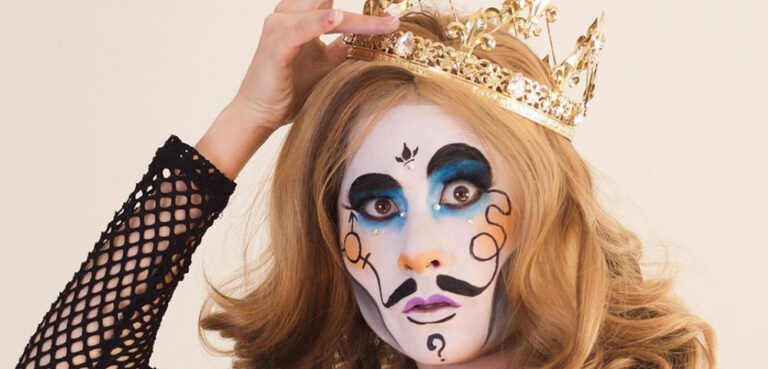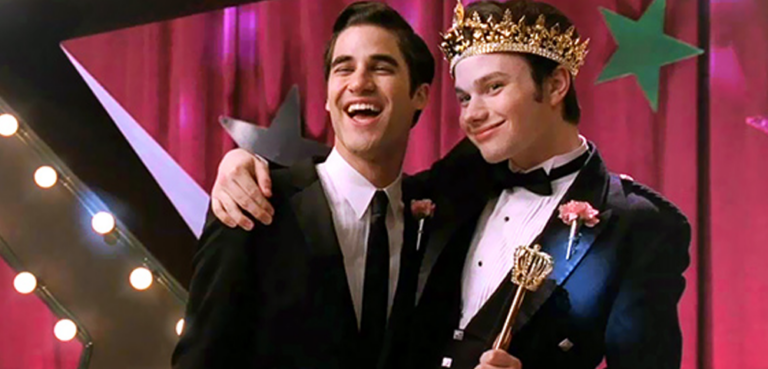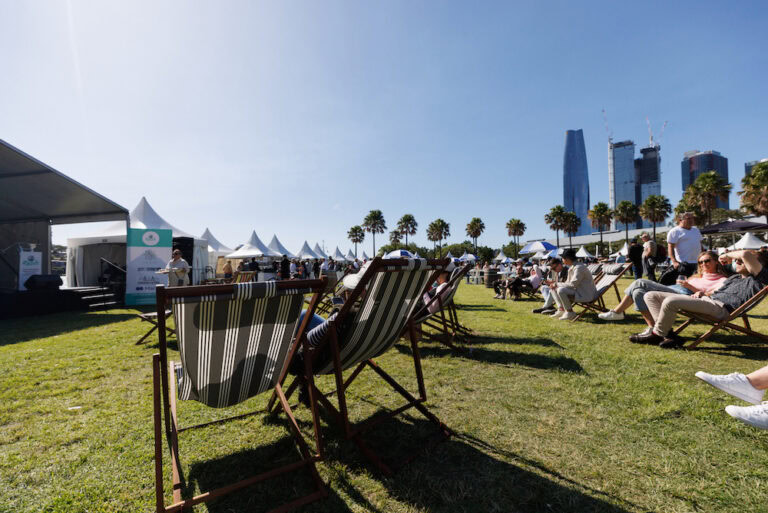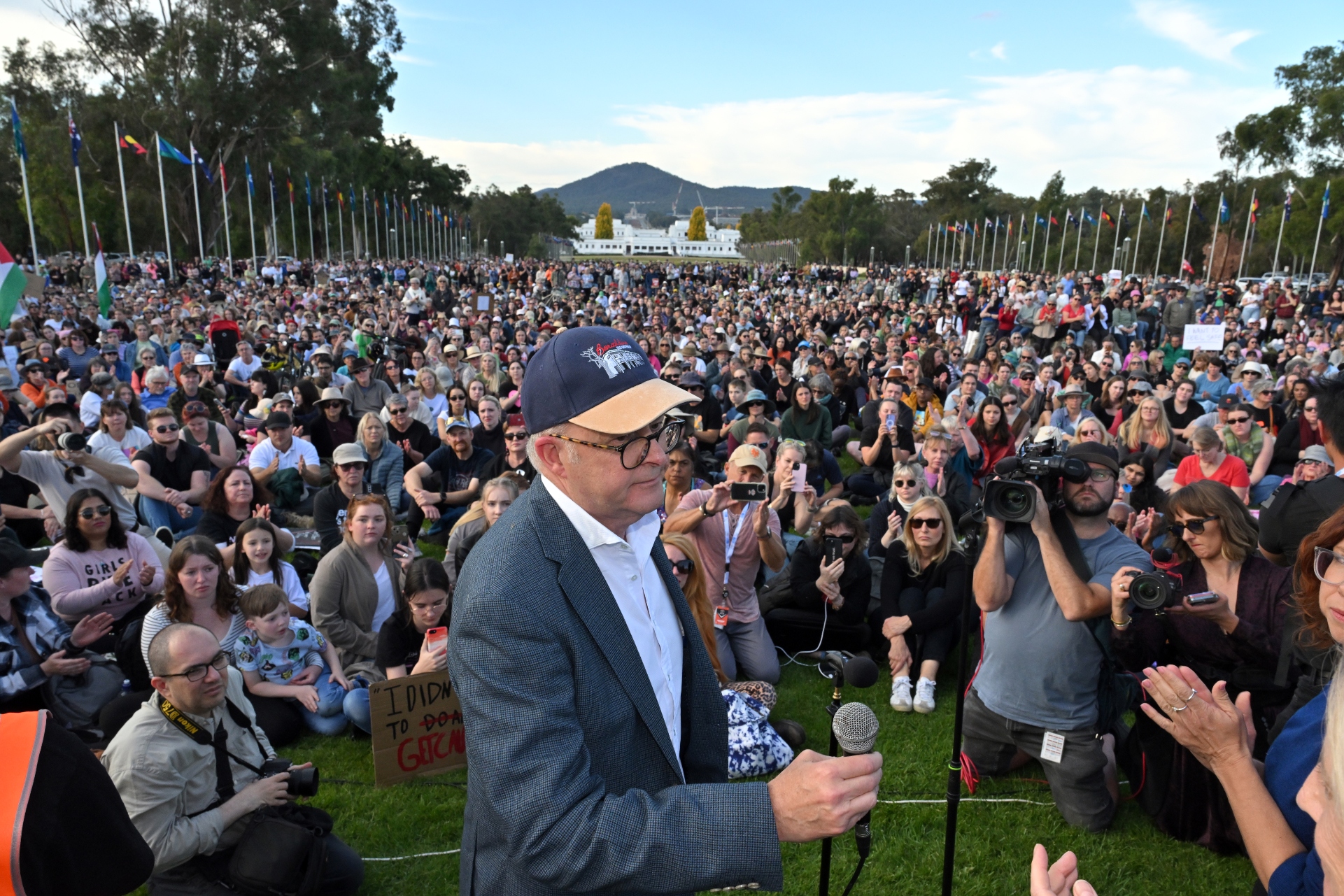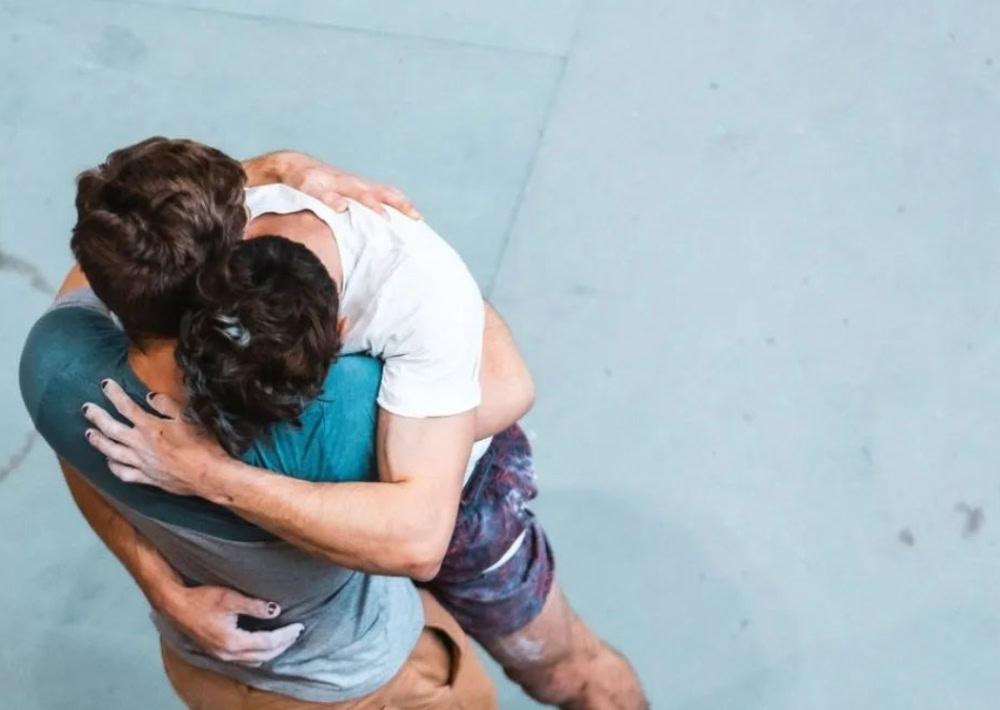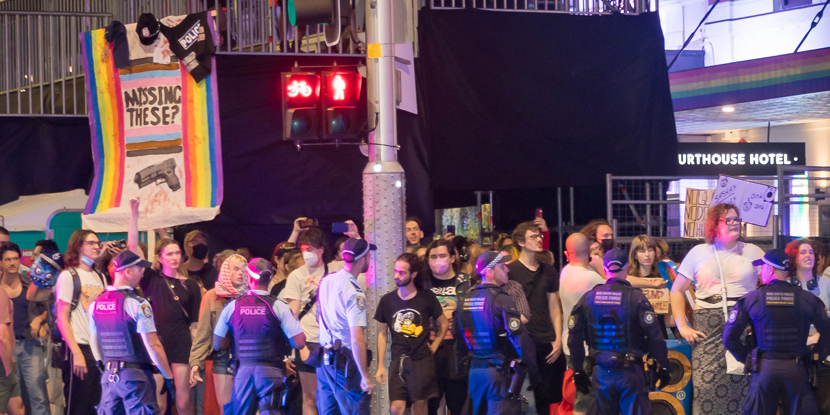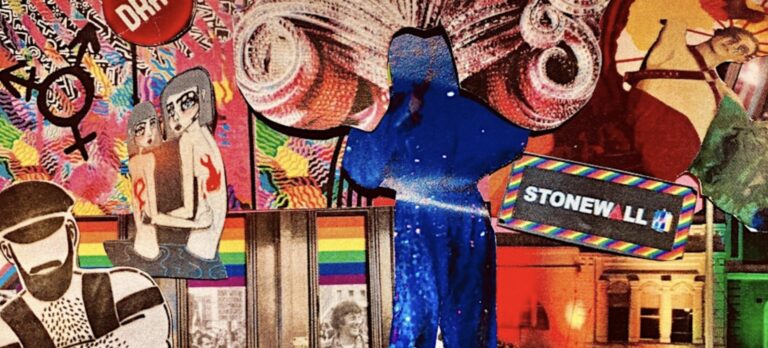
Dykes and sperm
While it’s not quite the lesbian baby boom heralded by activists and feared by conservatives, dykes -“ both single and coupled-up -“ seem to be having more babies than ever. The evidence is in the streets of Newtown, at the Broadway shopping centre, and in inner-city kindies -“ kids of queers are getting conceived, getting born and getting raised.
There are no birds or bees in stories of lesbian insemination. There are no happy little accidents and no trips to the doctor for a morning-after pill that may not work. Instead, there is endless planning and a hunt for good quality sperm.
With issues to think about like the rights and responsibilities of the co-parent, the rights of the child, the level of donor involvement and what happens if someone dies, it’s kind of easy to forget that pregnancy is fundamentally the same whether the mother is a dyke bondage mistress or Elaine Nile. It’s all about sperm meets egg.
Women in non-heterosexual relationships have a range of insemination options to consider -“ doing it at home or in the clinic, using a friend or using a stranger. Jenni Millbank, author of the Gay and Lesbian Rights Lobby’s And Then The Brides Changed Nappies parenting report, says the decision on what sperm to use can depend on more than the wishes of the mother.
 Some women went to fertility services and were pissed off with how they were treated or didn’t have access to a range of donors -“ so they had a preference for anonymous donor sperm but ended up using a known donor. But the reverse is also true. A lot of women -“ a probably equal or greater number of women -“ wanted to have a known donor, and just couldn’t find the right guy. And so they ended up using anonymous donor sperm.
Melbourne doctor and founder of the Australian Lesbian Medical Association Ruth McNair has surveyed 270 lesbian parents or prospective parents about their methods of conception. About half had children from a previous heterosexual relationship, and half were planning to get pregnant -“ some by self-insemination and others at a clinic.
We asked them who they were planning to use, McNair says.
Mostly it was acquaintances, through friends or ads in the media. A small percentage were relatives of their partners, a very tiny percentage were ex-het partners. Most of them were friends or acquaintances through other friends.
McNair says she sees one or two new lesbian couples a week planning pregnancy and occasionally single women. Because of the laws against in-clinic insemination for lesbians and single women in Victoria, many plan to travel interstate for treatment.
Most of the women ask about the safety of self-insemination, in terms of the mother’s health and the child’s health.
ACON lesbian health officer Somali Cerise says she has recently seen an increase in the number of women seeking information about self-insemination. Cerise says women need to be sure the sperm they are using is healthy and disease free.
Self-insemination relies on you having a male who is willing to be totally honest with you about the results of sexually transmitted infections checks and tests including HIV. With DIY insemination, the donor’s risk can be your risk, Cerise says.
Fertility clinics and sperm banks screen sperm so that the sperm used is -˜safe’. Because single women, lesbians and gay men are not always able to easily access fertility clinics, women are having to rely on the results of STI tests and honesty from the donor.
Many women are also unsure of the legal situation surrounding self-insemination -“ which has become even cloudier since a recent court case in Melbourne. In that case, a man has been found liable for child support payments after he impregnated a former sexual partner, who was in a lesbian relationship at the time. The judge ruled that because the man and woman had actually had intercourse, rather than artificial insemination, the man was responsible for the child’s care. This was despite all parties signing an agreement to the contrary.
Despite the lack of legal support for such documents, Ruth McNair says she advises women to sign an agreement with the donor/father because it forces women to look at difficult questions like, -˜What happens if we separate? What happens if we move interstate? Who wants to name which part of the child?’
There are so many things you don’t consider unless you really think about it. I’ve seen a lot of women who have tried to establish an agreement, and during that process they’ve worked out that the donor just isn’t the right person, or vice versa.
Despite the image of the new gay nuclear family (dyke couple, one mother, one co-parent, raising child with gay couple, one donor/father, one co-parent), about a quarter of lesbians are choosing to use straight men for sperm.
I expected most known donors to be gay and there were actually a lot that were straight, Jenni Millbank says.
There were more straight donors than, I guess, I had been led to believe by chatting to people around town. Some of them were the woman’s partner’s brother or something like that. Others were just the partners of really good woman friends.
The Gay and Lesbian Rights Lobby directs the women (and an increasing number of men) who ask how and where to go to donate or access sperm to the internet, clinics or the gay press.
Two months ago an Adelaide couple set up the first official online Australian introductory service for would-be donors and would-be dyke mothers -“ www.australianspermdonorregistry.com.
Founder Sally Ryan says several introductions have been made, but so far no one has become pregnant. The registry has opened a North American site and Ryan says they have not had any negative feedback. We’re hoping to keep this website up and running for at least a few years, she says.
We think it’s a much needed service -“ and we’ve had emails out of the blue from people thanking us for doing this.
Ruth McNair and the Victorian Gay and Lesbian Rights Lobby are holding a one-day Rainbow Families conference on Saturday 9 August at Northcote, Melbourne. Topics and speakers include Marcia Neave, chair of the Victorian Law Reform Commission, lesbian mothers, gay fathers and their children. Email [email protected] for details.
